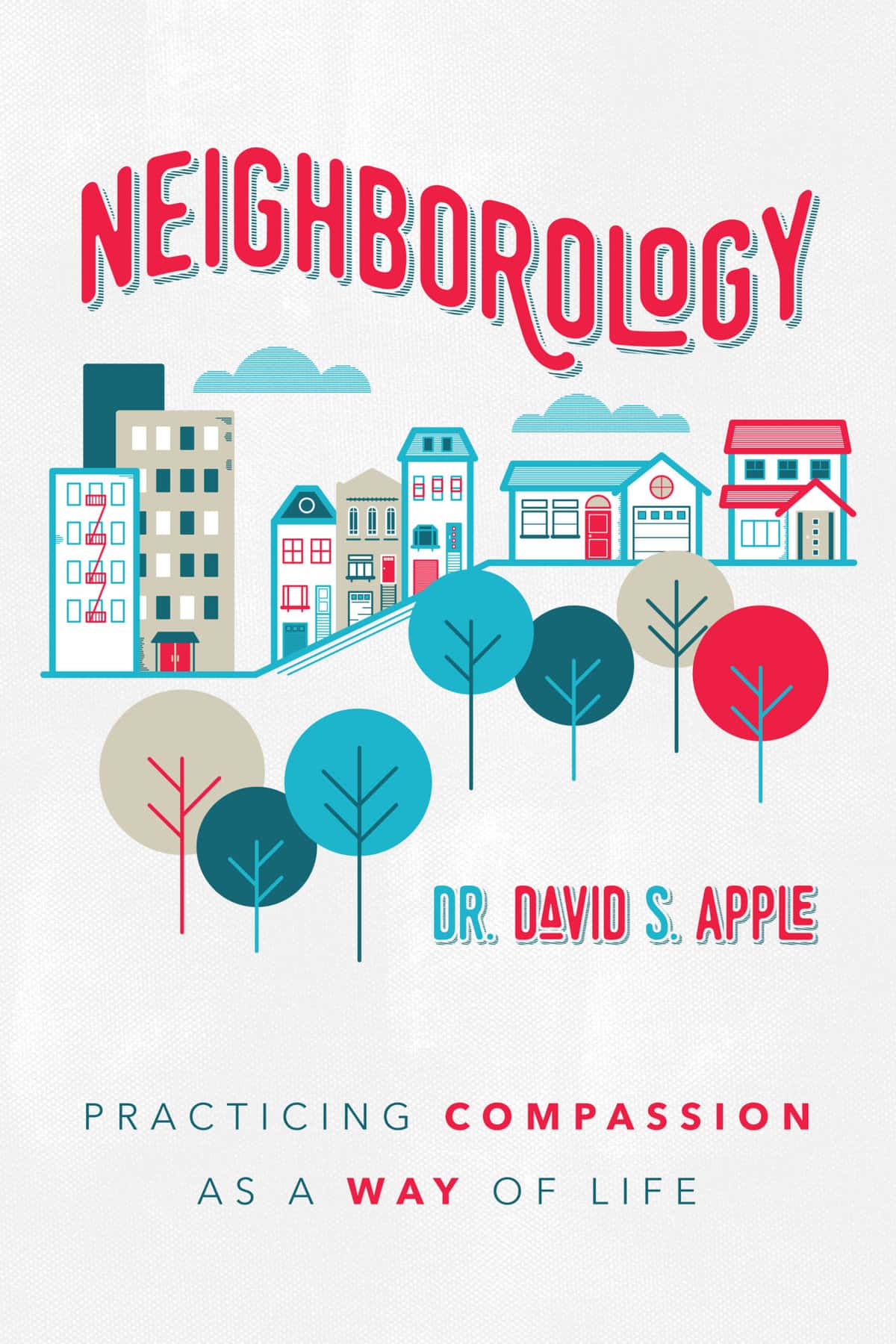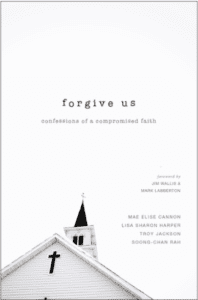
Larry isolated himself so much that no one knew his problems, and no one visited with him. This Tenth Church neighbor was addicted to alcohol and other drugs for eighteen years. If you saw him, you would have said he looked like a “walking dead man.” Larry had an interesting “abode.” He put his pillow on the steps of the synagogue located one block from Tenth and slept there. He was frequently seen by church members who lived in the area or walked by. Many would stop and speak with Larry as he was a gentle soul and presented no threat to anyone. He even walked the dogs of some nearby residents.
One member’s interest in Larry grew over the years. Early on, Betsy actually avoided Larry. She was fearful of him and either crossed the street or intentionally walked on the other side, looking away when she passed by. She also ignored him when he walked past her. Months later, she began greeting him. Soon they discovered each other’s names. And finally, she brought Larry a sandwich and sat with him on the synagogue steps while he ate.
While sitting next to him regularly, Betsy learned some things about him. He was “churched” as a kid but wandered away. One of his street names was “Moses” because he had memorized many Old Testament stories. Betsy shared her faith as she visited with him, showing him the love of Christ and inviting him to Tenth’s Fellowship Bible Study, where we welcome many of our homeless neighbors. Larry resisted and stayed away. This did not deter Betsy. She continued to speak with him and invite him to Tenth, and he finally accepted the invitation. One cold winter’s day, he showed up for a hot meal in a warm room. He expected that much, but he did not expect to receive a warm welcome and Christian hospitality.
This was the beginning of my friendship with Larry. Several years later, he became a Christian, overcame his drug addiction and became a member of Tenth Church. He was then reunited with the mother of his children, and they wed. All of them came to saving faith in our Lord Jesus Christ. He and his wife became employed, and they purchased a home. Today he is ministering to people who are still in their addiction to drugs.
When we visit, we bring fullness to places that are empty. Where there is darkness, our visit brings light. Where there is fruitlessness and sorrow, our ministry points others to Jesus and the fruit that only He can provide.
I remember the turning point for Larry’s new faith journey. One day he came to see me at Tenth. It was a typical August summer—very hot, hazy and humid. He had slept on the street the night before; and when he came in to see me, he was filthy, he smelled terrible and he was crying. “I am sick and tired of being sick and tired,” he said. He also told me that he was ready to surrender his life and let Jesus help him. He had seen Jesus’ love through the care of Christians at Tenth. He witnessed a model of service that was new to him—a church that showed it cared about those who are afflicted.
Visitation involves bringing life and hope. Its biblical context is coming alongside those in despair, sharing our lives with others and inviting them to know the richest of life.
Giving Life
. . . [A biblical] example where God visited and gave life is found in Luke 7:11–16. Here Jesus has entered a town just as a funeral procession is taking place. A young man who died is mourned by his mother, a widow. Jesus sees her and is moved with compassion. He turns to the mother and says, “Do not weep.” He then touches the coffin and says, “Young man, I say to you, arise.” The passage continues, “And the dead man sat up and began to speak, and Jesus gave him to his mother. Fear seized them all, and they glorified God, saying, ‘A great prophet has arisen among us!’ and ‘God has visited his people!’” Everyone who witnessed this knew God had visited them because he brought life to the dead. When we visit, we bring fullness to places that are empty. Where there is darkness, our visit brings light. Where there is fruitlessness and sorrow, our ministry points others to Jesus and the fruit that only He can provide. Jesus is the giver of life and hope to all who are in need. In addition to giving life, the word “visit” in Scripture is connected with the idea of rescue and redemption. Exodus 3:16–17 says that God visited His people. God tells Moses to gather the elders together and say to them “The Lord, the God of your fathers, the God of Abraham, of Isaac, and of Jacob, has appeared to me.” Tell them, “I [the Lord] have observed you and what has been done to you in Egypt, and I promise that I will bring you up out of the affliction of Egypt to the land . . . flowing with milk and honey.” Here is a connection between God’s visiting the Israelites and His plans to deliver them from slavery. Here, His visit involves rescue and deliverance. . . .
God came to visit us in human form. Jesus came and dwelt with us (see John 1:14). He shined on people living in darkness and in the shadow of death, to rescue and redeem them (and us) from the clutches of sin and death (see Matt. 4:16). And now we, the body of Christ, are called to visit those who live in darkness and in the shadow of death. We are to bring the light of Christ to those to whom Jesus reveals His heart of compassion.
Excerpt from Dr. David S. Apple, Neighborology: Practicing Compassion as A Way of Life (Fort Washington, PA: CLC Publications, 2017), 108–111. Used by permission of CLC Publications. May not be further reproduced. All rights reserved.



One Response
It is wonderful to see how the gospel transforms lives that otherwise have absolutely no hope. I can testify to knowing this person whose life was miraculously transformed. All was because of the grace of God.